For the complex treatment of a certain disease,It is recommended to choose the moment when the pathological process in the body has just started.
Due to certain circumstances, it is not always possible to make a diagnosis in the early stages of prostatitis development.
Despite the fact that inflammatory damage to the prostate gland is accompanied by pain, discomfort, urination disorders and other clinical symptoms, many men postpone a comprehensive examination of the body after visiting a urologist. However, long-term untreated prostatitis often becomes chronic with recurrent episodes.
For the non-surgical correction of inflammatory changes in the prostate tissue, drug treatment regimens, hardware physiotherapy procedures, therapeutic exercises, massage, as well as additional methods of alternative medicine are used.
Drug therapy
He deals with the diagnosis and treatment of inflammatory lesions of the prostate glandurologist. If a man detects the first signs of this disease, it is recommended immediatelyundergo a thorough examination.
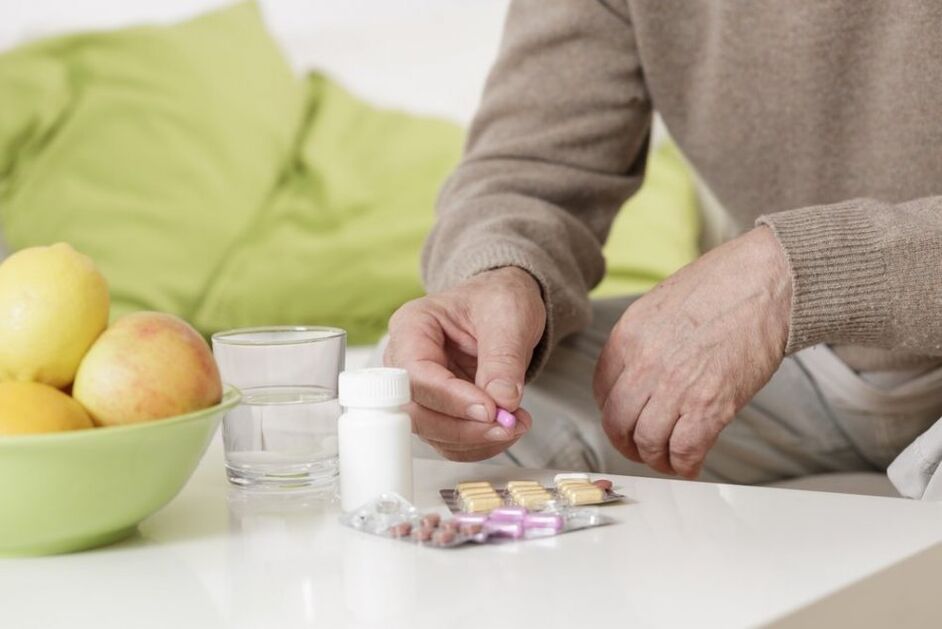
In 45-50% of cases of diagnosis of prostatitis, the inflammatory lesion of the prostate gland is infectious in nature. Therefore, antibacterial drugs are used to affect the cause of the disease.
For the treatment of chronic or acute infectious prostatitisthe use of antibiotics from the fluoroquinolone group is preferred. This type of antibacterial agent has high bioavailability and penetration into prostate tissue.
The total duration of antibiotic therapy for infectious prostatitis is at least 3 months.
If antibacterial therapydrugs from the fluoroquinolone group proved to be ineffective, patients are prescribed drugs from the group of lincosamides or penicillins.
In case of provocation of chlamydia diseaseAntibiotics from the tetracycline group are included in complex therapy.
It is important to remember that the regimen of taking antibacterial drugs is determined individually for each man. The urologist should draw up a treatment plan. Attempts to independently prescribe drugs and their dosages can lead to negative results.
Rectal suppositories
Medicines prepared in the form of rectal suppositories (suppositories),is one of the most effective means to stopinflammatory reaction in the prostate gland.
When the acute or chronic form of this disease is diagnosed, medical professionals can prescribe ittypes of rectal suppositories:
- Suppositories containing opium alkaloid, an isoquinoline derivative. These drugs have antispasmodic and analgesic effects. In addition, local blood flow in the prostate gland improves under the influence of suppositories.
- Ammonium bitumen sulfonated candles. Ichthyol suppositories have bactericidal, analgesic and metabolic properties, so their action improves local blood flow in the prostate region.
- Candles with belladonna herb extract. The natural extract of this plant has a pronounced analgesic, antispasmodic and anti-inflammatory effect. In terms of the intensity of the therapeutic effect, belladonna extract is not inferior to NSAIDs.
- A derivative of phenylacetic acid in the form of a rectal suppository. In acute cases of inflammation in the prostate gland, men are prescribed rectal suppositories that quickly eliminate inflammation and reduce the intensity of pain.
- Suppository based on prostate extract. This drug option is effective for sexual disorders caused by inflammatory lesions of the prostate. In addition, these suppositories effectively fight blockage in the gland and prevent the formation of blood clots.
- Prostate extract and solid fat rectal suppository. This complex drug is effective not only against prostatitis, but also against diagnosed male infertility, reduced erectile function and prostate adenoma.
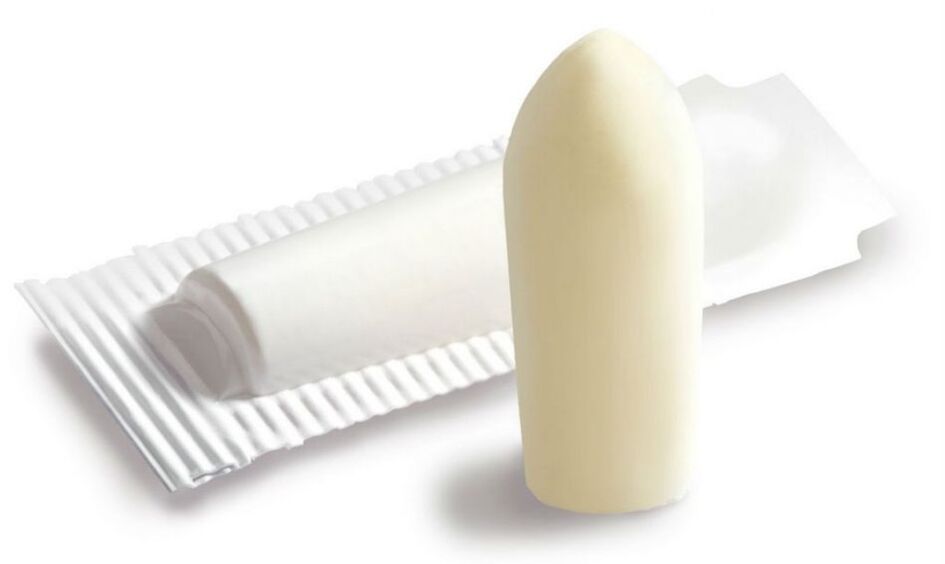
Hormonal drugs
This is one of the most common complications of prostatitisdecreased erectile functionin a man. To restore it and normalize hormonal levels, as well as to reduce the intensity of the development of the inflammatory process, men with inflammatory lesions of the prostate are often prescribed hormonal drugs.
The most popular is a drug based on synthetic estrogen with a non-steroidal structure. Under the influence of this biologically active compound, the regeneration processes of the damaged gland tissue are accelerated and its blood supply improves.
Alpha blockers
Men suffering from acute or chronic prostatitis have serious problems with urination. With inflammatory damage to the prostate gland, the process of emptying the bladder becomes difficult, pain, pain, discomfort, intermittent urine flow and frequent urge to urinate appear.
Drugs from the group of alpha-blockershelps to relieve muscle spasms in the pelvic region. Due to the relaxation of smooth muscles, urine output is normalized.
Muscle relaxants
With the development of the inflammatory process in the prostate gland, spasm of the muscles of the pelvic floor often occurs, as a result of which prostate secretion and the exit from the bladder are disturbed.
Use of injection or tablet forms of muscle relaxantshelps to reduce muscle tone, reduce pain and normalize the output of biological fluids.
Immunostimulants
An important part of the complex treatment of prostatitis is to strengthen the defense of the male body, especially when it comes to infectious and inflammatory damage to the prostate tissue.
It has a strong immunostimulating effectcomplex multivitamin preparations, contains folic acid, vitamin C, magnesium, calcium, selenium and zinc.
Another common drug from the group of immunostimulants is meglumine, a product based on acridone acetate. The immunostimulating effect of this drug is due to the acceleration of the production of interferon, which is responsible for the body's immune defense, when it enters the human body.
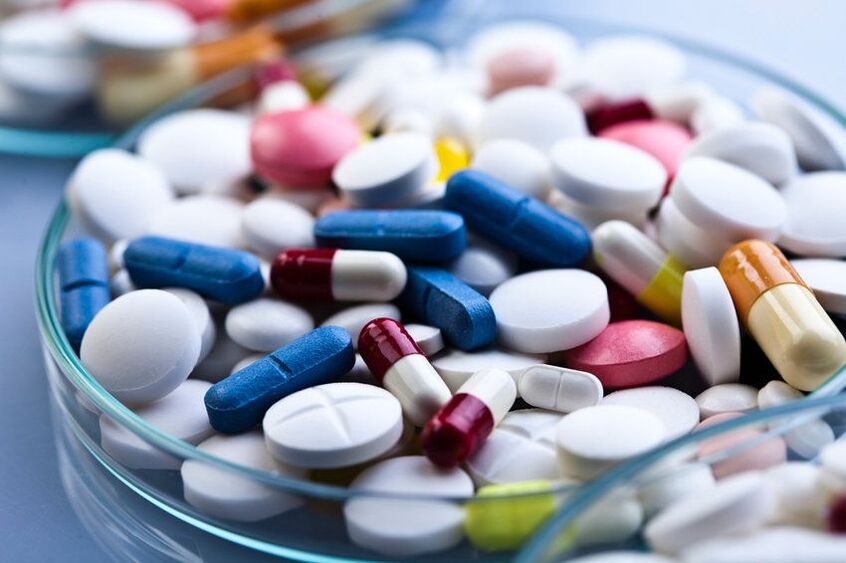
Taking immunostimulant and multivitamin complexes can not only speed up recovery in acute prostatitis, but also reduce the risk of another relapse in the chronic form of the disease.
Complex drugs
In addition to the listed groups of drugs used in the treatment of inflammatory lesions of the prostate gland, specialists in the field of urology prescribe complex drugs that have a multifaceted effect on the male body.The most effective drugsincludes:
- Antiandrogenic agent. This drug is available in tablet form and is most commonly used for prophylactic purposes.
- Preparation based on creeping palm extract. Numerous clinical trials proved that this drug effectively combats not only inflammatory lesions of the prostate, but also hyperplastic changes in prostate adenoma.
- The prostate extract product is available in rectal suppository and tablet form. Its active components improve blood supply to the body, eliminate muscle spasms and reduce the intensity of pain.
- Medicine with natural seaweed extract as the main active ingredient. The drug effectively eliminates the symptoms of the inflammatory reaction in the body and normalizes the blood supply to the prostate gland.
Before using any of the listed drugs, it is recommended to consult a urologist and undergo a comprehensive medical examination.
Physiotherapy
An effective way to deal with the chronic form of prostatitis is physical physiotherapy methods.
If a chronic form of prostatitis is diagnosed, a man can be prescribed such a drugphysiotherapy methods:
- electrophoresiswith the use of drugs,
- direct exposure to electric current(galvanizing),
- ultrasound effectusing a rectal sensor,
- magnetotherapy,
- the use of high frequency currents. For this purpose, separate devices that generate high-frequency pulses are used. A direct effect on the area where the prostate gland is located is achieved by applying a rectal emitter.
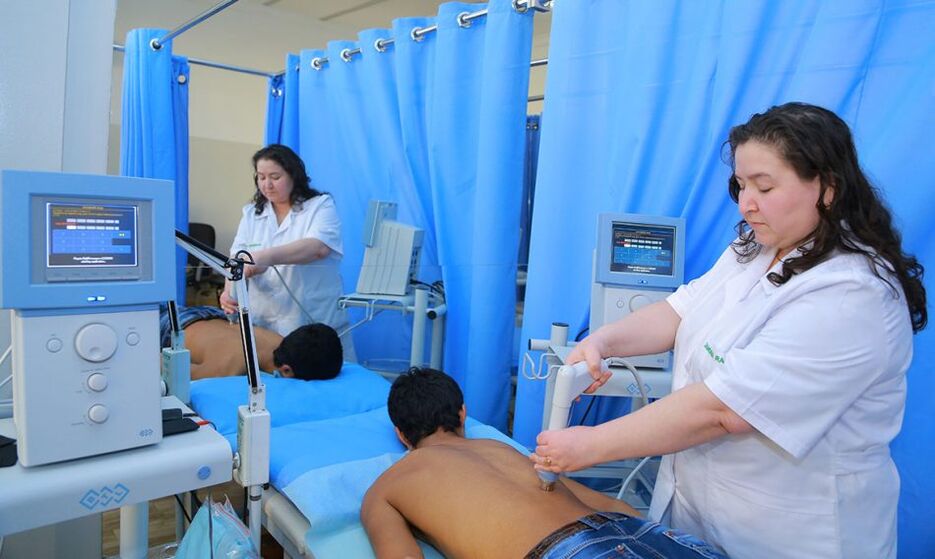
Selection of types of physiotherapeutic effects, as well as drawing up an individual schedule of procedures should be carried out by the attending urologist or physiotherapist.
Mentioned physiotherapeutic methodsThere is a minimal list of contraindications and side effects, therefore, their use is allowed together with drug treatment, massage and gymnastics.
Prostate massage
Manual impact on the area where the prostate gland is located helps to improve blood flow in this area, reduce the intensity of the inflammatory process, stimulate the release of secretions, and normalize metabolic processes in the body.
Manual stimulation of the prostateit can be done either by a medical professional in a doctor's office or independently.
Self-massage of the prostate gland can be performed by a man at home, but before starting self-treatment, it is necessary to consult an attending urologist, master the massage technique, and also familiarize yourself with the structural features of the rectum. Incompetent exposure to this area can cause traumatic damage to the rectal mucosa.
Massage is performed from the anus area. During the massage, the doctor or the man himself should control the flow of glandular secretions from the urethra. If there is no discharge of this nature, it may indicate the development of complications of prostatitis, as well as the severity of the inflammatory reaction.
The total number of prostate massage sessions is 10-12 procedures.
Diet therapy
Revising the diet has a beneficial effect not only on the state of the male reproductive system, but also on the whole body as a whole.
Food is recommendedfast digestible foods. The daily diet should include fresh vegetables and fruits, nuts and grains, low-fat meat and fish, and natural dairy products. In addition, regardless of the form of the disease, a man should eat foods rich in zinc and folic acid. Both elements are the basis of men's health.
It is strictly prohibitedincludes black tea and coffee, alcoholic beverages, soft drinks, mushrooms, fried and fatty foods, fast food and smoked meats, spices, sauces and spicy foods.
Any man with inflammatory lesions of the prostate glandIt is advisable to completely quit smoking, because the chemicals in tobacco smoke help narrow blood vessels and disrupt blood flow in the prostate area.
Additional treatments
An effective way to treat and prevent inflammatory lesions of the prostate gland is heating therapy.
To the end of itregular visits to the sauna or steam bath are indicated.
It is recommended to avoid heat stress for men suffering from various diseases of the cardiovascular system, liver and kidneys. In addition, visiting a bath or sauna is strictly contraindicated in case of benign and malignant neoplasms or severe exacerbation of the inflammatory process.
Before including these measures in the complex treatment of prostatitis,Actions should be agreed with your doctor.
If a man has no contraindications for visiting the bath, then thermal procedures will have a tonic effect on his body, improve blood circulation, accelerate metabolic processes in the body and drainage of the prostate gland.
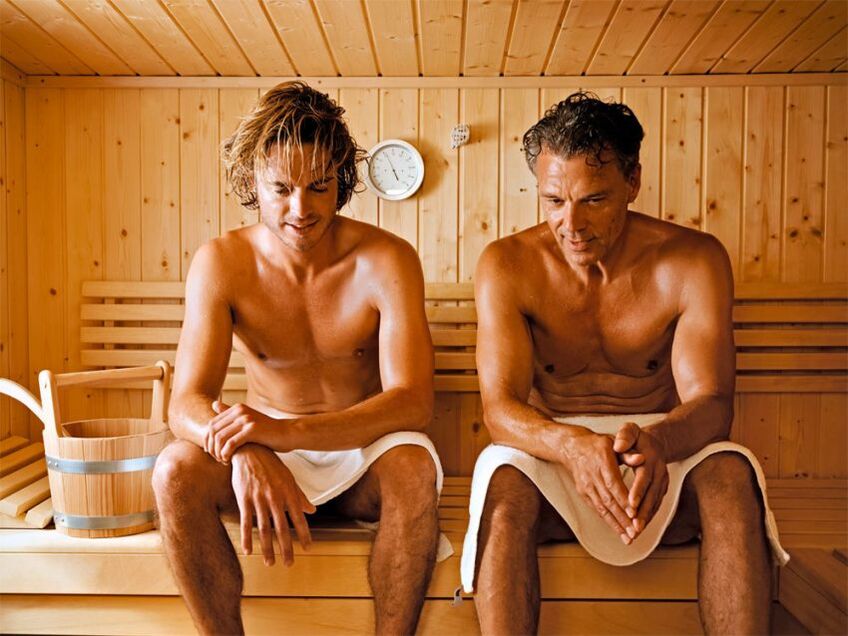
It is an equally popular method for the treatment of chronic or acute prostatitishirudotherapy or treatment with leeches. Salivary fluid of leeches contains more than 100 biologically active elements that have a beneficial effect on the human body.
One of the most important components, hirudin, is anticoagulant in nature. When entering the human body, hirudin prevents the formation of blood clots and improves microcirculation processes.
In addition to hirudin, leech saliva contains compounds such as histamine, acetylcholine, and carboxypeptidase inhibitors. Each of these components improves blood flow to the prostate gland, helping to reduce the inflammatory response.
In the complex treatment of prostatitis, hirudotherapy is contraindicated for men suffering from anemia, blood coagulation disorders, diathesis, hypotension, deep vein thrombosis, diabetes and inflammatory skin lesions.
Each leech treatment session should be conducted under the close supervision of a qualified physician.
Duration of treatment
The timing of complex drug treatment for inflammatory lesions of the prostate glanddirectly depends on the neglect of the pathological process, as well as the presence of complications.
If prostatitis occurs in a severe stage, it causes irreversible changes in the tissue of the gland.
If the organ is significantly damaged, conservative treatment methods can lead to long-term remission, but not recovery. If you contact a medical specialist in time, the treatment of the disease will take several months with a tendency to complete recovery.
Unlike the chronic form of the disease,acute prostatitis heals in a shorter time.
Surgery is the last resort for diagnosed prostatitis, aims to protect the remaining healthy areas of the gland tissue, as well as to restore the drainage function of the gland. Surgical intervention is recommended for men with severe urinary disorders, severe pain, as well as complications such as fibrosis of glandular tissue and formation of calcifications.
With timely diagnosis and comprehensive treatmentProstatitis is a treatable disease that does not pose a threat to human health and life.





































